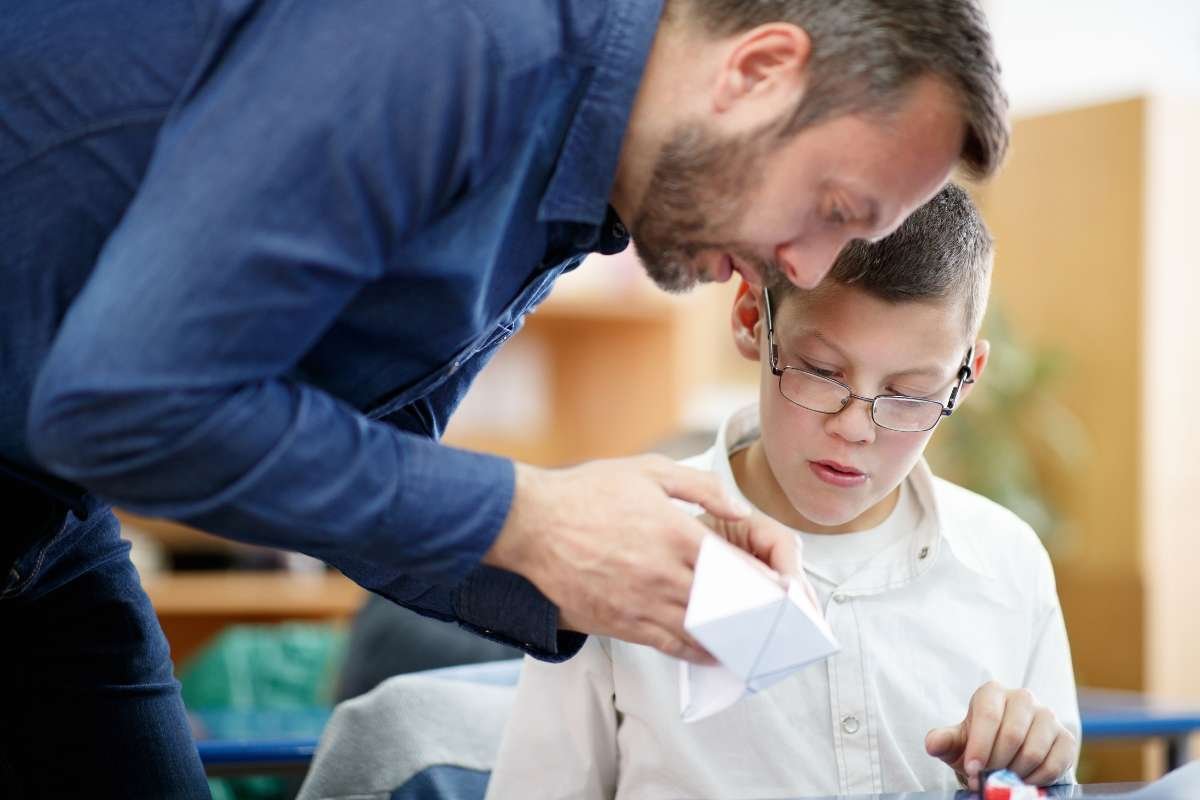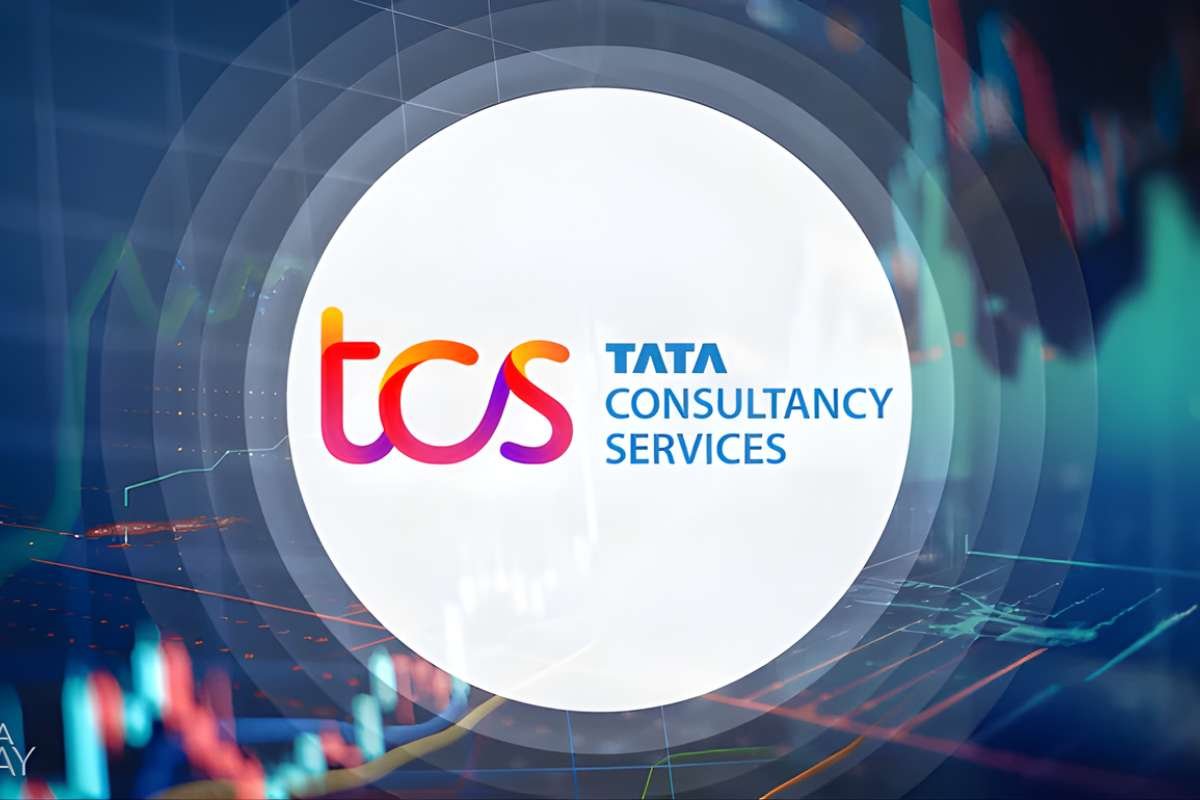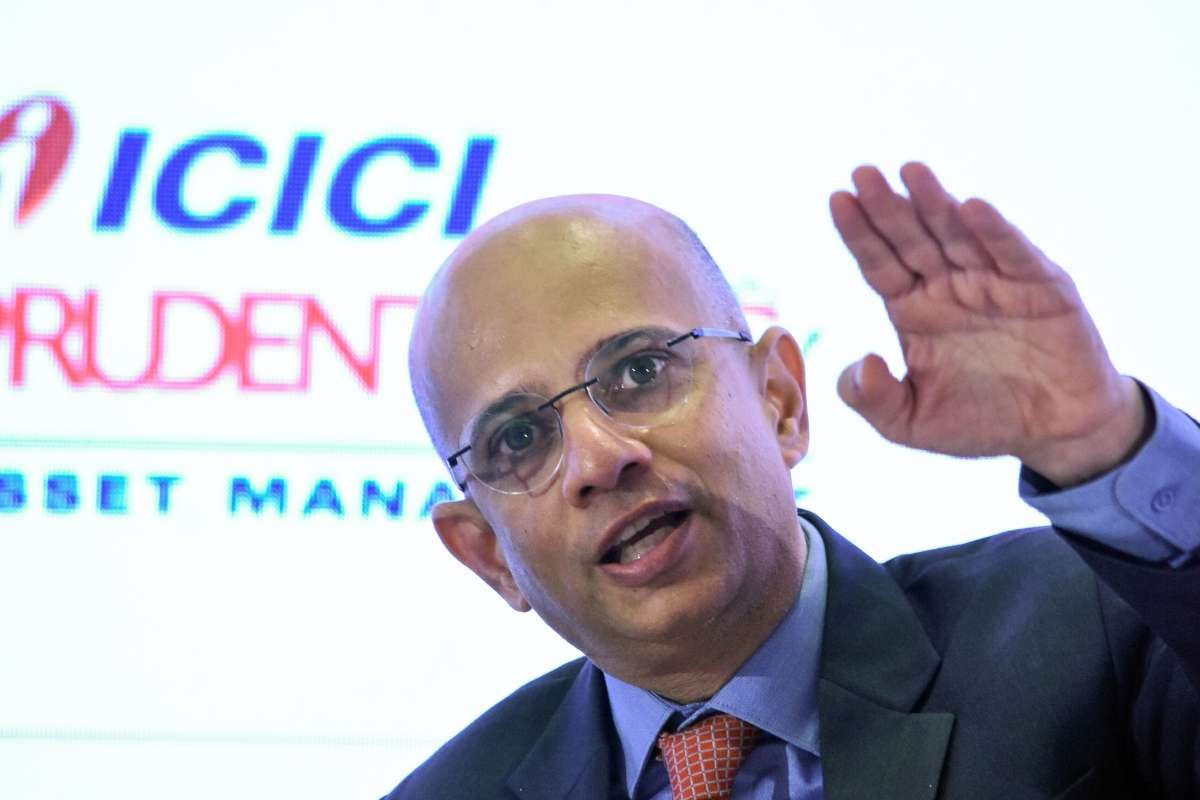In recent years, the importance of special education practices has gained significant attention in India. As the nation strives for inclusive education, it becomes crucial to understand what special schooling practices entail, how they can be effectively implemented, and the challenges that educators and institutions may face. This article explores various facets of special education practices in India, shedding light on their significance in promoting equity and accessibility in education.
Understanding Special Education Practices
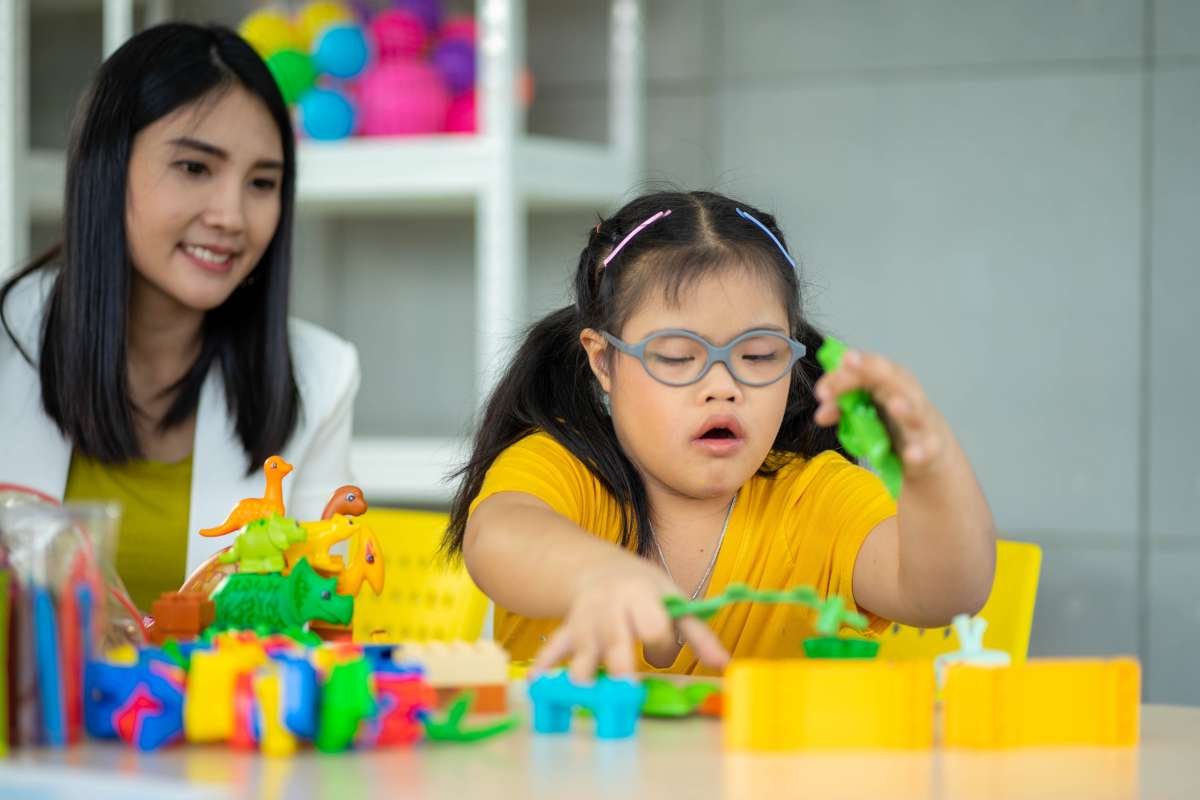
Special education practices refer to tailored instructional strategies designed to meet the unique needs of students with disabilities or learning challenges. These practices encompass various approaches, methodologies, and tools that aim to enhance learning opportunities and foster independence among students. In India, where diversity in learning abilities and styles is vast, implementing effective special schooling practices is essential.
The primary objective of special education practices is to provide individualized support to students, ensuring they have equal access to education. This includes adapting teaching methods, modifying curricula, and utilizing specialized resources. By focusing on each student’s strengths and challenges, educators can create a conducive learning environment that promotes personal growth and academic success.
The Legal Framework Supporting Special Education
India has established a robust legal framework to support special education practices. The Right of Persons with Disabilities Act, 2016, emphasizes the need for inclusive education and mandates that educational institutions cater to the needs of students with disabilities. This legislation highlights the importance of special schooling practices as a means to achieve educational equity.
Additionally, the National Policy on Education (NPE), 2020, advocates for inclusive education and outlines strategies to improve the quality of education for all students. The NPE emphasizes the need for teacher training in special schooling practices to ensure that educators are equipped with the skills and knowledge required to support diverse learners effectively.
Types of Special Education Practices

1. Individualized Education Plans (IEPs)
IEPs are personalized learning plans that outline specific goals and objectives for students with disabilities. They are developed collaboratively by educators, parents, and specialists, ensuring that the student’s unique needs are met. IEPs include accommodations, modifications, and assessments tailored to each student’s learning style, allowing for a more personalized approach to education.
2. Inclusive Teaching Strategies
Inclusive teaching strategies aim to create a supportive classroom environment where all students can thrive. These strategies include differentiated instruction, where teachers modify their teaching methods to cater to different learning styles. Collaborative learning is another effective approach, encouraging students to work together, share knowledge, and support each other’s learning.
3. Assistive Technology
The integration of assistive technology is a vital aspect of special education practices. Tools such as speech-to-text software, audio books, and communication devices can significantly enhance the learning experience for students with disabilities. In India, access to technology has improved, enabling more students to benefit from these resources.
4. Social Skills Training
Social skills training is essential for students with disabilities, helping them develop communication, interaction, and relationship-building skills. These programs often involve role-playing, group activities, and social stories that teach students how to navigate social situations effectively. By fostering social skills, educators can help students integrate more successfully into mainstream classrooms and society.
5. Behavioral Interventions
Many students with disabilities may exhibit challenging behaviors that hinder their learning. Behavioral interventions, such as positive reinforcement and behavior modification techniques, are integral components of special schooling practices. Educators trained in these interventions can create a positive learning environment, helping students manage their behaviors and focus on their education.
Challenges in Implementing Special Education Practices
Despite the progress made in special education practices in India, several challenges persist. One major issue is the lack of trained professionals in the field. Many teachers may not have the necessary training to implement special schooling practices effectively, leading to a gap in quality education for students with disabilities.
Additionally, the awareness and understanding of special education practices among parents and communities need to improve. There can be stigmas associated with disabilities, which may hinder the acceptance of inclusive education. Educating parents and communities about the benefits of special schooling practices is crucial for fostering a supportive environment.
Moreover, resources and funding for special education programs can be limited, affecting the availability of essential tools and support services. Schools in rural areas often face additional challenges, such as inadequate infrastructure and access to specialized personnel, which can impede the effective implementation of special education practices.
The Way Forward: Promoting Effective Special Education Practices
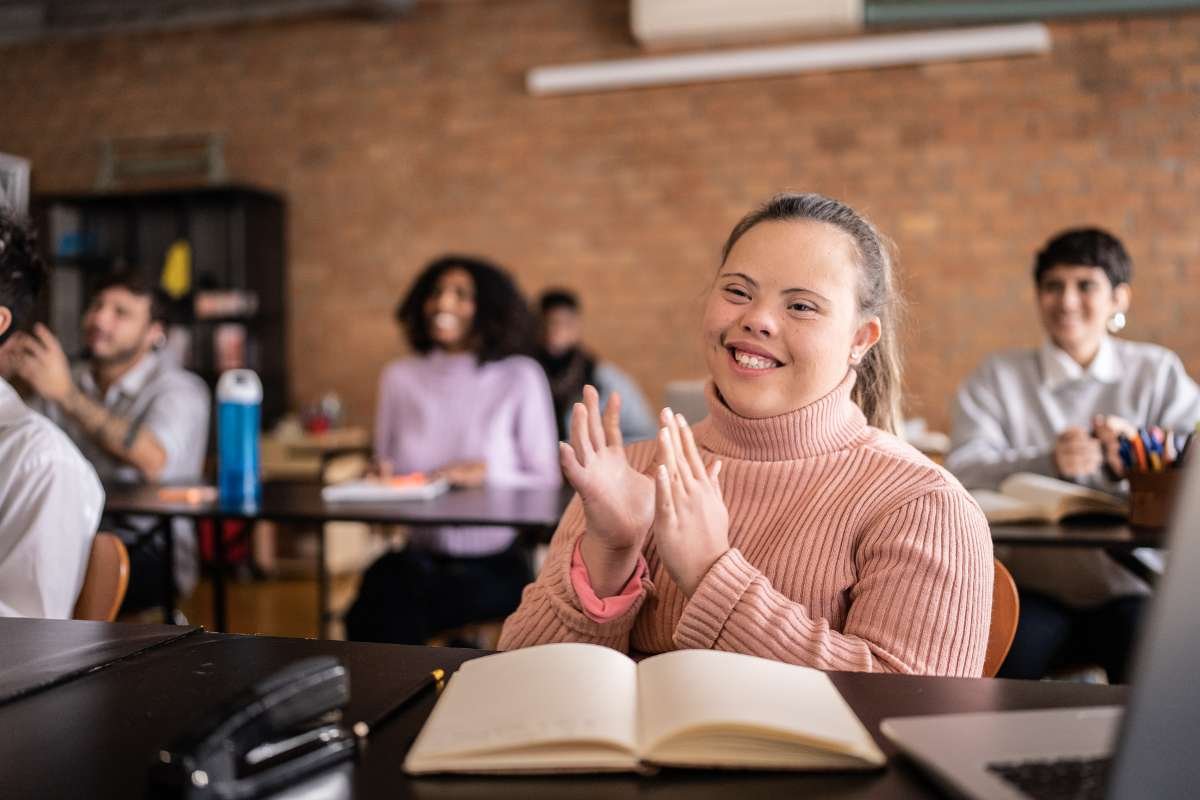
To enhance special education practices in India, a multi-faceted approach is necessary. Here are some strategies to consider:
1. Enhanced Teacher Training
Providing comprehensive training for teachers in special education practices is crucial. This training should focus on understanding disabilities, developing IEPs, and implementing inclusive teaching strategies. Ongoing professional development opportunities can ensure that educators stay updated on best practices and new research in the field.
2. Community Awareness Programs
Conducting awareness programs for parents and communities can help dispel myths surrounding disabilities and promote acceptance of inclusive education. Engaging community leaders and organizations can amplify the message and foster a more supportive environment for students with disabilities.
3. Increased Funding and Resources
Allocating more funding for special education programs can enhance the availability of resources, such as assistive technology, specialized training, and support services. Governments and educational institutions must collaborate to ensure that students with disabilities receive the support they need to succeed.
4. Collaboration Between Stakeholders
Encouraging collaboration between schools, parents, and specialists can lead to more effective special schooling practices. Creating partnerships with local organizations and NGOs can provide additional support and resources for schools, ensuring that students with disabilities have access to a comprehensive network of services.
Conclusion
Special education practices play a pivotal role in fostering an inclusive educational environment in India. By understanding the various approaches, legal frameworks, and challenges associated with special education, stakeholders can work collaboratively to improve the quality of education for students with disabilities. As India continues to advance toward inclusive education, it is essential to prioritize special schooling practices, ensuring that every student has the opportunity to thrive academically and socially. With concerted efforts from educators, parents, and communities, the future of special education in India can be bright and promising.
Did you find this article helpful? Visit more of our blogs! Business Viewpoint Magazine



